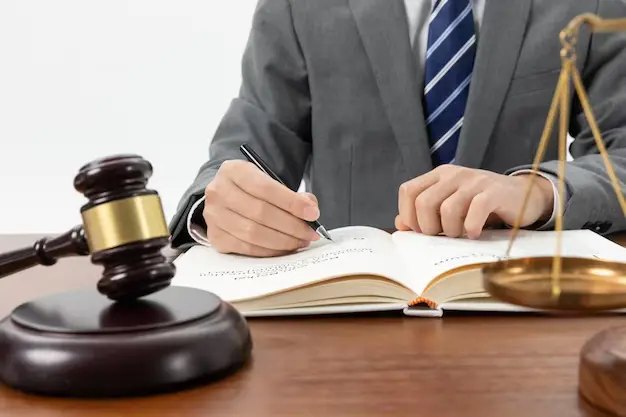SERVICES
Family Disputes
Family disputes refer to conflicts or disagreements that arise within a family unit. These disputes can involve various members of the family, such as parents, siblings, spouses, or other close relatives. The issues at the center of family disputes can vary widely and may include disagreements over financial matters, inheritance, property, child custody, parenting styles, relationships, or other personal and emotional matters.
Family disputes can manifest in different forms, ranging from verbal arguments and disagreements to more serious conflicts that may lead to legal proceedings. The resolution of family disputes often requires open communication, negotiation, and sometimes professional intervention, such as counseling or legal mediation.
Common causes of family disputes include misunderstandings, differences in values or beliefs, financial stress, changes in family dynamics, and unresolved emotional issues. Effectively addressing family disputes is crucial for maintaining healthy relationships within the family and promoting overall well-being.


Divorce Litigation
Divorce litigation refers to the legal process in which a married couple seeks to dissolve their marriage through the court system. When a couple decides to end their marriage and cannot reach an agreement on key issues such as property division, spousal support, child custody, and visitation rights, they may resort to divorce litigation.
In divorce litigation, each party typically hires their own attorney to represent their interests. The process involves filing a petition for divorce, and the case then progresses through the court system. Both parties provide evidence and arguments to support their positions on various issues, and the judge ultimately makes decisions regarding the resolution of those matters.
Divorce litigation can be a complex and emotionally challenging process, as it often involves contentious disputes. The court’s role is to ensure a fair and equitable resolution to the issues at hand, considering the applicable laws and regulations governing divorce in the jurisdiction.

Civil Lawyer
A civil lawyer, also known as a civil litigation attorney, is a legal professional who specializes in handling cases related to civil law. Civil law encompasses a broad range of legal issues that involve disputes between individuals, businesses, or other entities, excluding criminal matters. Civil lawyers may represent clients in various legal proceedings where there is a disagreement or conflict, and the resolution typically involves compensation or specific performance rather than criminal penalties.
Civil lawyers handle cases in areas such as contract disputes, personal injury claims, family law matters (such as divorce and child custody), property disputes, employment law issues, and more. Their primary goal is to help their clients navigate the legal system, advocate for their interests, and seek a fair resolution to the dispute through negotiation, mediation, or litigation in civil courts.
In contrast to criminal lawyers who deal with offenses against the state and seek punishment, civil lawyers focus on resolving conflicts between private parties and strive to obtain remedies like monetary damages or injunctive relief for their clients.


Criminal Litigations
Criminal litigation refers to the legal process involving the prosecution and defense of individuals or entities accused of committing a crime. It is a branch of litigation that deals specifically with criminal offenses. The process typically begins with the investigation of a crime by law enforcement authorities. If there is enough evidence to suggest that a person has committed a crime, they may be arrested and charged.
Criminal litigation involves several key stages:
Investigation: Law enforcement agencies gather evidence to build a case against the accused.
Charging: If there is sufficient evidence, formal charges are filed against the accused.
Arraignment: The accused is brought before a court, informed of the charges, and asked to enter a plea (guilty, not guilty, or no contest).
Pretrial Proceedings: Both the prosecution and defense engage in discovery, gathering and exchanging evidence. Pretrial motions may be filed to address legal issues before the trial.
Trial: The case is presented in court, with both the prosecution and defense presenting their arguments, witnesses, and evidence. The judge or jury then determines guilt or innocence.
Sentencing: If the accused is found guilty, a separate sentencing hearing is held to determine the appropriate punishment.
Appeals: The convicted party may have the right to appeal the verdict or sentence, challenging legal errors made during the trial.

